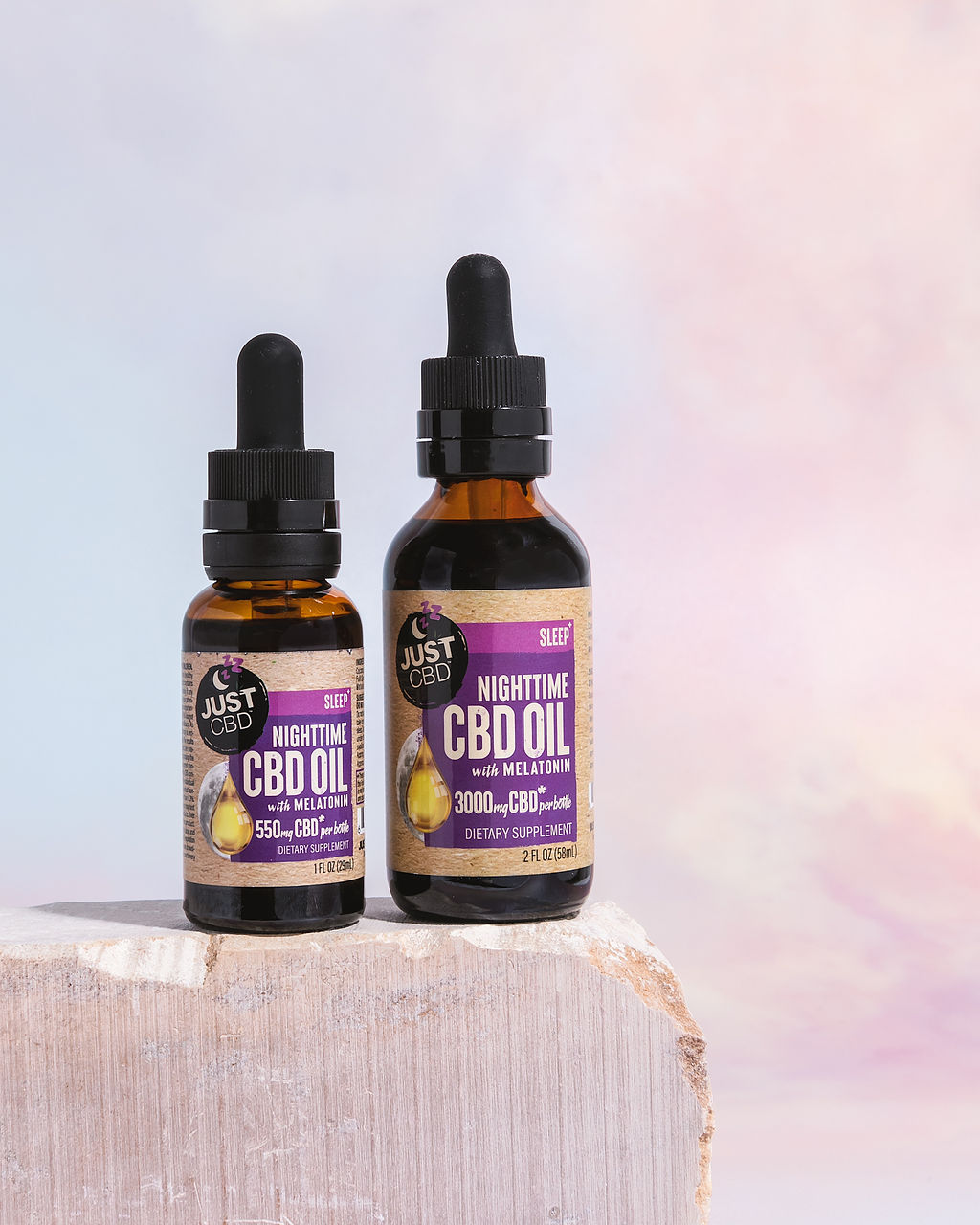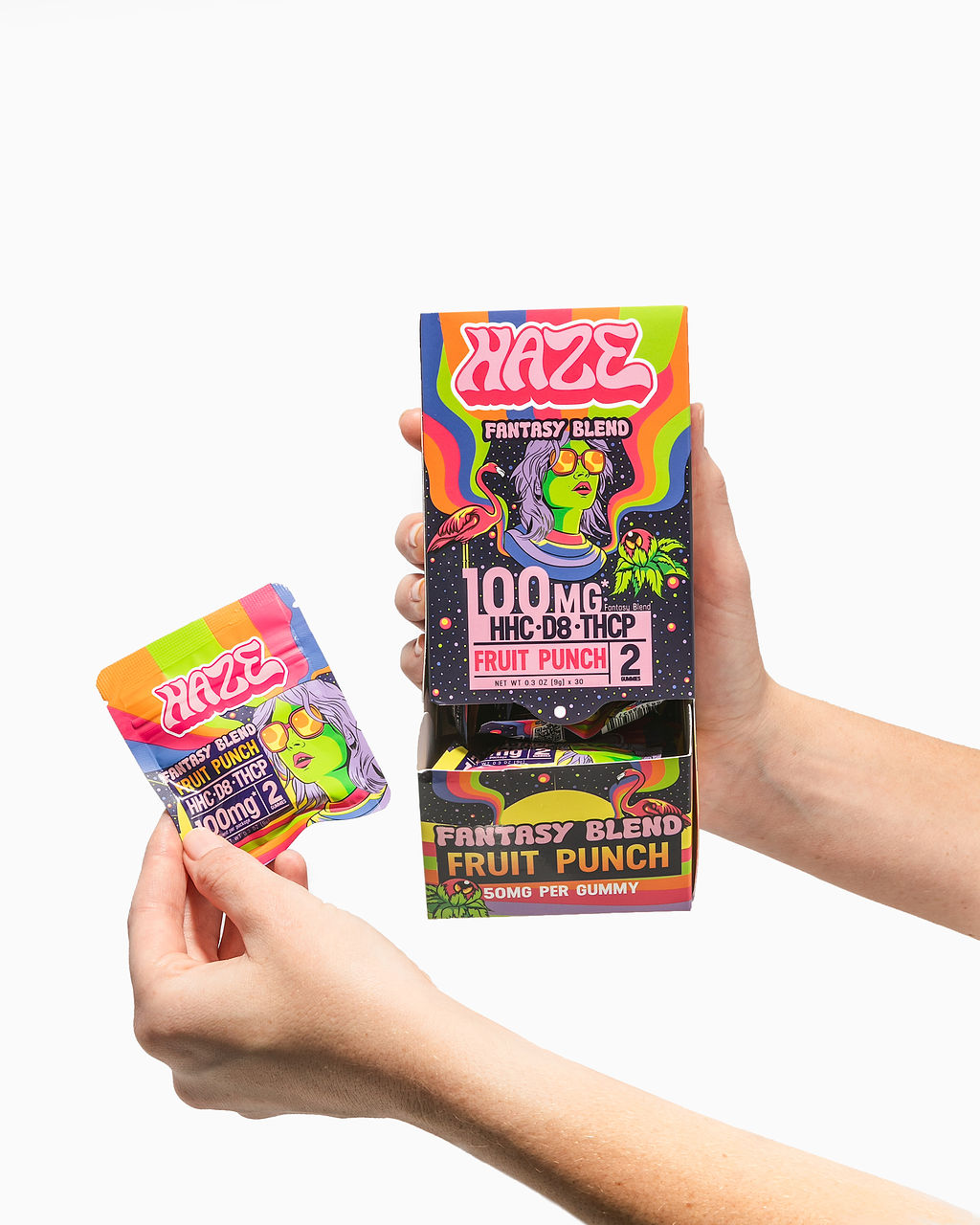Kratom and Creativity: The Proposed Link
Kratom, an herbal supplement derived from the Mitragyna speciosa tree, has gained popularity in recent years for its purported effects on mood, energy, and focus. Some individuals claim that kratom, particularly gold shots, can enhance creativity, sparking inspiration and facilitating innovative thinking. However, the scientific evidence supporting this link is limited, leading to ongoing debate about whether kratom truly possesses creative-boosting properties or if these claims are based on anecdotal evidence and cultural perceptions.
Potential Mechanisms: Cognitive Enhancement Claims

The proposed link between kratom and creativity stems from its potential effects on the central nervous system. Kratom contains alkaloids that interact with opioid receptors in the brain, which may influence cognitive functions such as attention, motivation, and mood. Some proponents suggest that these effects could lead to enhanced creative thinking by fostering a state of relaxed focus and increased mental flexibility.
Potential mechanisms for kratom’s purported creative enhancement include its potential to modulate dopamine and norepinephrine levels in the brain. Dopamine is associated with reward and motivation, while norepinephrine plays a role in alertness and arousal. By influencing these neurotransmitters, kratom may indirectly impact cognitive processes involved in creativity, such as idea generation, problem-solving, and divergent thinking.
However, it’s crucial to emphasize that the available research on kratom and creativity is limited and often anecdotal. More rigorous scientific studies are needed to determine the precise mechanisms and potential benefits or risks associated with kratom use for enhancing creativity.
Anecdotal Evidence and User Testimonials
Anecdotal evidence and user testimonials offer diverse perspectives on the impact of kratom, especially gold shots, on creativity. Some individuals report experiencing increased inspiration, a heightened sense of mental clarity, and improved problem-solving abilities while using kratom. These experiences are often described as feeling like “a flow state” or “a creative breakthrough.”
Others share stories about overcoming writer’s block, finding novel solutions to challenges, or experiencing a surge in artistic expression after consuming kratom. These accounts contribute to the growing body of anecdotal evidence supporting the potential creative benefits of kratom.
Scientific Research on Kratom and Creativity
Kratom, an herbal supplement derived from the Mitragyna speciosa tree, has gained popularity for its purported effects on mood, energy, and focus. Some individuals claim that kratom, particularly gold shots, can enhance creativity, sparking inspiration and facilitating innovative thinking. However, the scientific evidence supporting this link is limited, leading to ongoing debate about whether kratom truly possesses creative-boosting properties or if these claims are based on anecdotal evidence and cultural perceptions.
Potential mechanisms for kratom’s purported creative enhancement include its potential to modulate dopamine and norepinephrine levels in the brain.
- Dopamine is associated with reward and motivation, while norepinephrine plays a role in alertness and arousal.
By influencing these neurotransmitters, kratom may indirectly impact cognitive processes involved in creativity, such as idea generation, problem-solving, and divergent thinking.
However, it’s crucial to emphasize that the available research on kratom and creativity is limited and often anecdotal. More rigorous scientific studies are needed to determine the precise mechanisms and potential benefits or risks associated with kratom use for enhancing creativity.
Potential Risks and Side Effects of Kratom Use

While kratom is promoted for its potential cognitive benefits, including enhanced creativity, it’s essential to be aware of the potential risks and side effects associated with its use.

Like other substances that interact with opioid receptors in the brain, kratom can cause dependence and addiction. Prolonged or excessive use can lead to tolerance, withdrawal symptoms, and a range of psychological and physical health problems.
Kratom can also have adverse effects on the cardiovascular system, including increased heart rate, blood pressure, and risk of arrhythmias. It may also interact with other medications, potentially leading to dangerous consequences.
Gastrointestinal issues such as nausea, vomiting, constipation, and diarrhea are also common side effects of kratom use.
In some cases, kratom has been associated with liver damage, although more research is needed to establish a clear causal link.
It’s important to note that kratom’s safety and efficacy have not been fully established by scientific research. The lack of regulatory oversight for kratom products means that quality and potency can vary widely, further increasing the risk of adverse effects.
Buy Kratom Gold Shots Online Now
- How To Give Oral Sex To A Guy – Oral Sex Tips - September 3, 2025
- How To Find Trusted Vendors For Kratom Powder Online - September 1, 2025
- How To Choose The Right Clinic For Alluzience Botox In The UK - August 29, 2025
